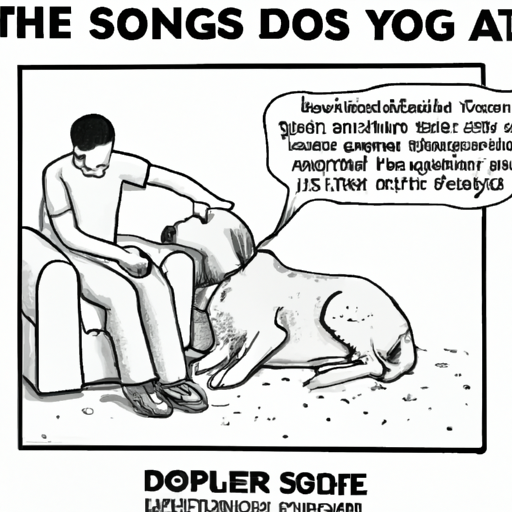What is Reverse Sneezing?
Reverse sneezing, despite its alarming appearance, is a common occurrence in dogs. It is a type of respiratory reflex that is generally harmless and only lasts for a few minutes. It’s characterised by rapid and repeated inhalations through the nose, accompanied by snorting or gagging sounds. The cause of this peculiar behaviour may be due to irritation or inflammation of the nasal, pharyngeal, or sinus passages.
Recognizing Reverse Sneezing
As your dog’s caregiver, you are the first line of defense when it comes to their health. Recognizing the signs of reverse sneezing will enable you to provide the best care for your furry friend. Here are some symptoms to watch out for:
- Rapid, forced inhalation through the nose
- Snorting or gagging sounds
- Standing still with their elbows spread apart
- Extending their head and neck during the episode
How to Stop Reverse Sneezing in Dogs
If your dog is currently experiencing a reverse sneezing episode, here are some steps you can take to help them:
- Stay Calm: Your dog is likely to feed off your energy, so make sure to stay calm and reassure them.
- Gentle Massage: Gently stroke your dog’s throat to help stop the spasm.
- Cover their Nostrils: Briefly covering their nostrils can help them swallow, which can effectively interrupt the reverse sneeze.
- Change Environments: If possible, consider moving your dog to a different environment. This can be beneficial if allergens in the current environment are causing the sneezing.
Potential Triggers and Preventative Measures
Understanding what triggers reverse sneezing can be helpful in preventing future episodes. Here are some common triggers:
- Allergens such as dust, pollen, and perfumes
- Over-excitement or physical activity
- Eating or drinking too quickly
- Pulling on a leash
To help prevent these episodes, consider the following:
- Regular cleaning to minimize allergens
- Using a harness instead of a collar
- Encouraging calm behavior
- Providing meals in slow-feed bowls
FAQ
Q: Should I be worried if my dog is reverse sneezing frequently?
A: While reverse sneezing is generally harmless, frequent episodes could indicate an underlying issue. If this is the case, it’s best to consult with a veterinarian.
Q: Can all dog breeds experience reverse sneezing?
A: Yes, all breeds can experience it, but brachycephalic breeds (those with short noses) tend to be more susceptible.
Q: Is reverse sneezing contagious among dogs?
A: No, reverse sneezing is not contagious. It’s a reflex caused by irritation or inflammation in the nasal, pharyngeal, or sinus passages.
Remember, your love and understanding can go a long way in helping your dog navigate through these episodes. If you have any additional concerns, don’t hesitate to consult with a animal health professional.



